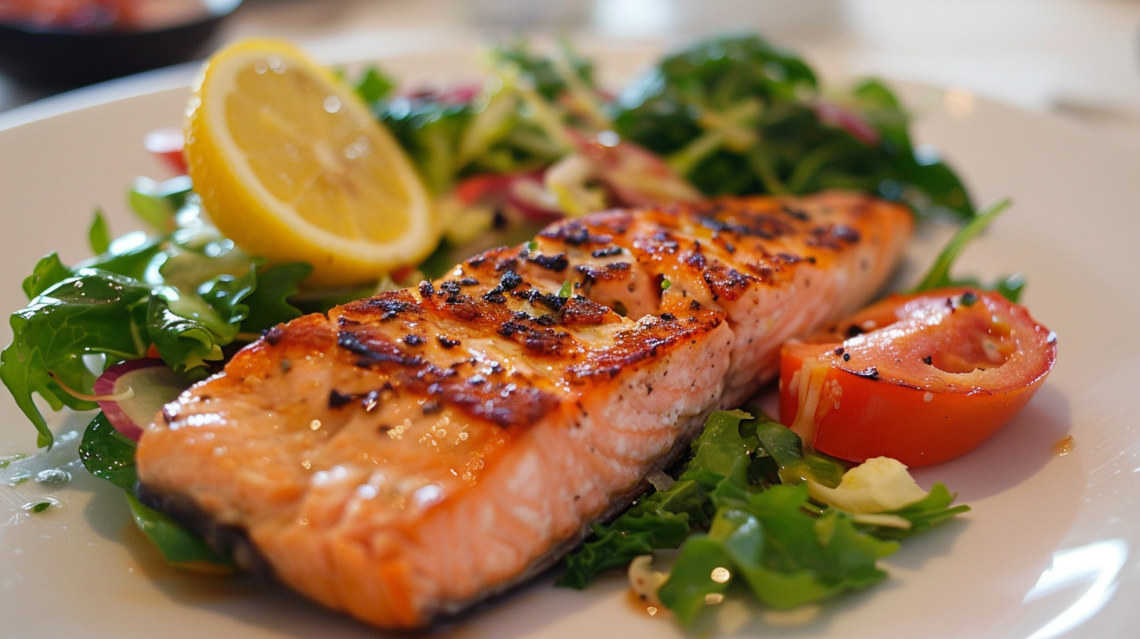
Nutritional Strategies for Stress Reduction
Stress can impact us in a number of ways and for a number of different reasons. There are also many different ways to deal with stress, including everything from trying different relaxation techniques to speaking with a counsellor. Stress can also be a common contributor to both anxiety and panic attacks, which sometimes need to be managed with medication. What you might not be aware of, however, is the role your diet can also play when it comes to stress management.
When you’re stressed out, your body produces hormones that can cause a temporary increase in your blood pressure. If your high blood pressure is, in fact, related to stress, then try adding bananas and avocados to your diet. Both are loaded with the mineral known as potassium, which has been known to help lower and maintain healthy blood pressure levels. Pomegranates, beets, and whole grains are also great to incorporate into your diet if you are concerned about high blood pressure.
Leafy green vegetables are also great for fighting stress – particularly spinach, kale, and swiss chard. They are all rich in folate which can help balance out the stress hormone known as cortisol, and they produce the pleasure-inducing brain chemical known as dopamine. Back in 2012, a study published in the Journal of Affective Disorders found that those who consumed more of these leafy greens had a lower risk of stress and other mental health issues, such as depression, and also tended to feel more energetic.
Foods that are high in protein can also have an effect on stress, such as turkey. This is because turkey contains an amino acid known as tryptophan, which is often to blame for that feeling of fatigue you get after consuming it. However, that’s not necessarily a bad thing, as tryptophan not only helps to regulate feelings of hunger but can also improve your overall happiness and wellbeing. It’s also high in things like B vitamins, zinc, potassium, phosphorus and selenium, and is low in both saturated fat and cholesterol, making it a good food to incorporate as part of a healthy diet plan. Foods such as eggs, nuts, seeds, beans, tofu and oats are also high in tryptophan.
Foods that are rich in omega-3 fatty acids are also beneficial in combating stress and anxiety, and have also been found to be helpful in improving mood disorders such as depression (including postpartum depression) and bipolar disorder thanks to their anti-inflammatory properties as well as their ability to easily travel through the brain cell membrane and interact with the brain’s mood molecules. Some of the best food sources of omega-3s include fish such as salmon, tuna, mackerel and sardines, nuts and seeds such as walnuts, flax and chia seeds, as well as oils that are plant-based, such as canola and soybean oil. You can also take a fish oil supplement, which can be found at most pharmacies, health food or vitamin stores.
If you’re someone who tends to skip breakfast, this is something I recommend avoiding. Why? Because breakfast is considered to be one of the most important meals you can eat as it provides you with the fuel you need to get through your day. If you’re going to consume carbohydrates, you should make it oatmeal. This is not only a quick and easy breakfast food to make, but it also contains a dietary fibre known as beta-glucan, which has been strongly linked to improved heart health. A carbohydrate like oatmeal has also been known to help the brain create serotonin, and serotonin is what boosts your mood.
Click here for a list of even more stress-fighting foods!

